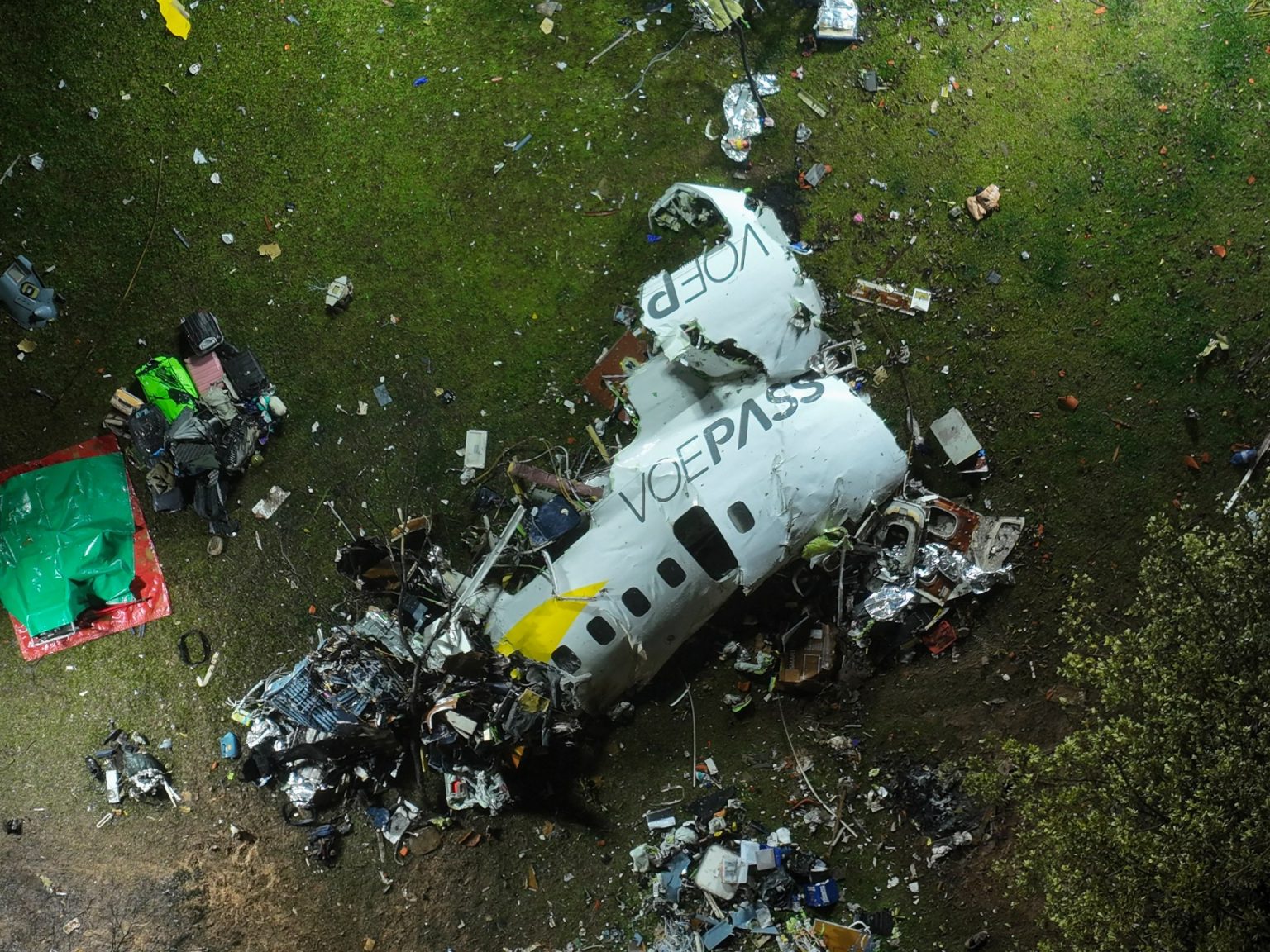Brazil’s Congress has established a committee to investigate the plane crash that killed 62 people near Sao Paulo, with Lower House Speaker Arthur Lira appointing a 37-person committee to oversee the inquiry by aviation accident investigators Cenipa. The committee aims to prevent similar tragedies in the future and is expected to call on key figures such as Voepass President Jose Luiz Felicio Filho, Cenipa head Marcelo Moreno, and ANAC head Tiago Sousa Pereira to testify. While Cenipa is set to release preliminary findings by September 6, the Congressional committee plans to hold hearings until December and issue a report in February.
The crash on August 9 involved an ATR 72-500 plane operated by Voepass, making it Brazil’s deadliest aviation accident in over a decade. Videos of the aftermath showed burning debris scattered on the ground, indicating a devastating impact. The specific circumstances leading to the crash are still unclear, but some experts have suggested that ice accumulation on the wings may have caused the pilot to lose control, a known issue with ATR planes in the past. The committee’s investigations will seek to uncover the root causes of the tragedy and propose measures to prevent similar incidents from occurring.
Congressman Nelsinho Padovani emphasized that the committee’s goal is not to engage in a witch-hunt but to focus on prevention. By bringing together key stakeholders from the aviation industry and regulatory bodies, the committee aims to conduct a thorough investigation and identify any lapses in safety protocols or oversight that may have contributed to the crash. While those invited to speak before the panel are not obligated to appear, their insights and testimonies will play a crucial role in shaping the committee’s findings and recommendations.
The tragic crash has cast a spotlight on aviation safety in Brazil, prompting a closer examination of industry practices and regulatory frameworks. With the committee’s mandate extending until February, it is expected to address critical issues related to pilot training, aircraft maintenance, and weather-related risks that could impact flight operations. By collaborating with Cenipa and other relevant authorities, the committee seeks to ensure a comprehensive and transparent investigation process that prioritizes the safety of passengers and crew members.
The aftermath of the plane crash has raised concerns about the potential risks associated with flying in adverse weather conditions and the need for improved safety protocols to mitigate such risks. With the committee’s inquiries expected to shed light on the factors contributing to the tragedy, stakeholders in the aviation industry are closely monitoring developments and preparing to implement any necessary changes to prevent similar incidents in the future. The committee’s work will play a crucial role in shaping the future of aviation safety in Brazil and ensuring that stringent measures are in place to protect passengers and prevent avoidable accidents.
Overall, the establishment of the Congressional committee signals a commitment to transparency, accountability, and proactive measures to prevent aviation disasters in Brazil. By bringing together experts, industry stakeholders, and regulatory authorities, the committee aims to conduct a thorough investigation into the August 9 plane crash and propose actionable recommendations to enhance safety standards and prevent future tragedies. With the cooperation of key figures in the aviation sector, the committee’s work is poised to make a significant impact on the country’s aviation industry and contribute to a culture of continuous improvement and safety excellence.


